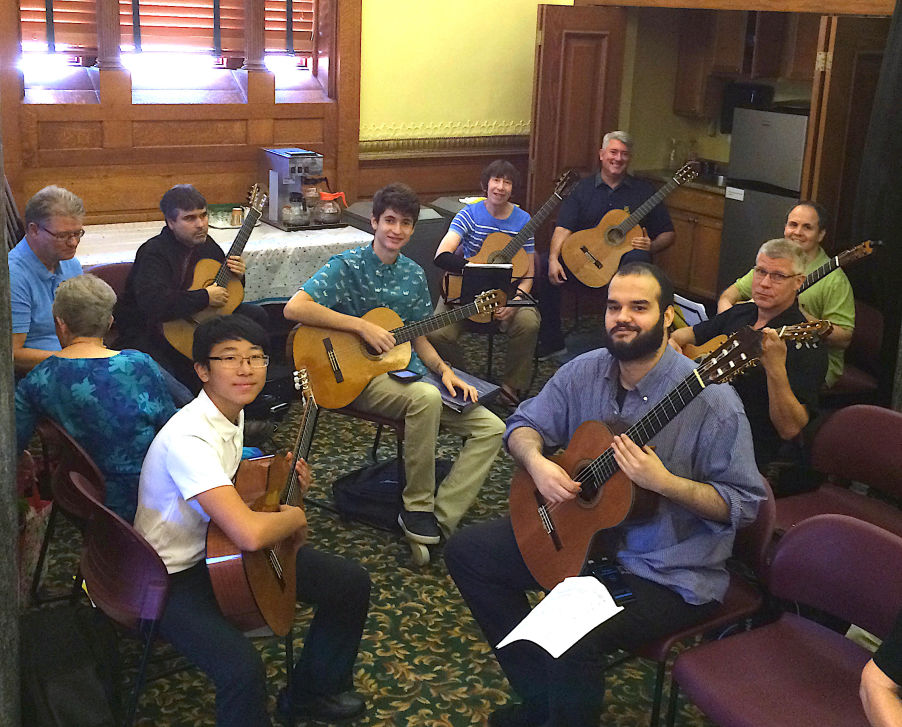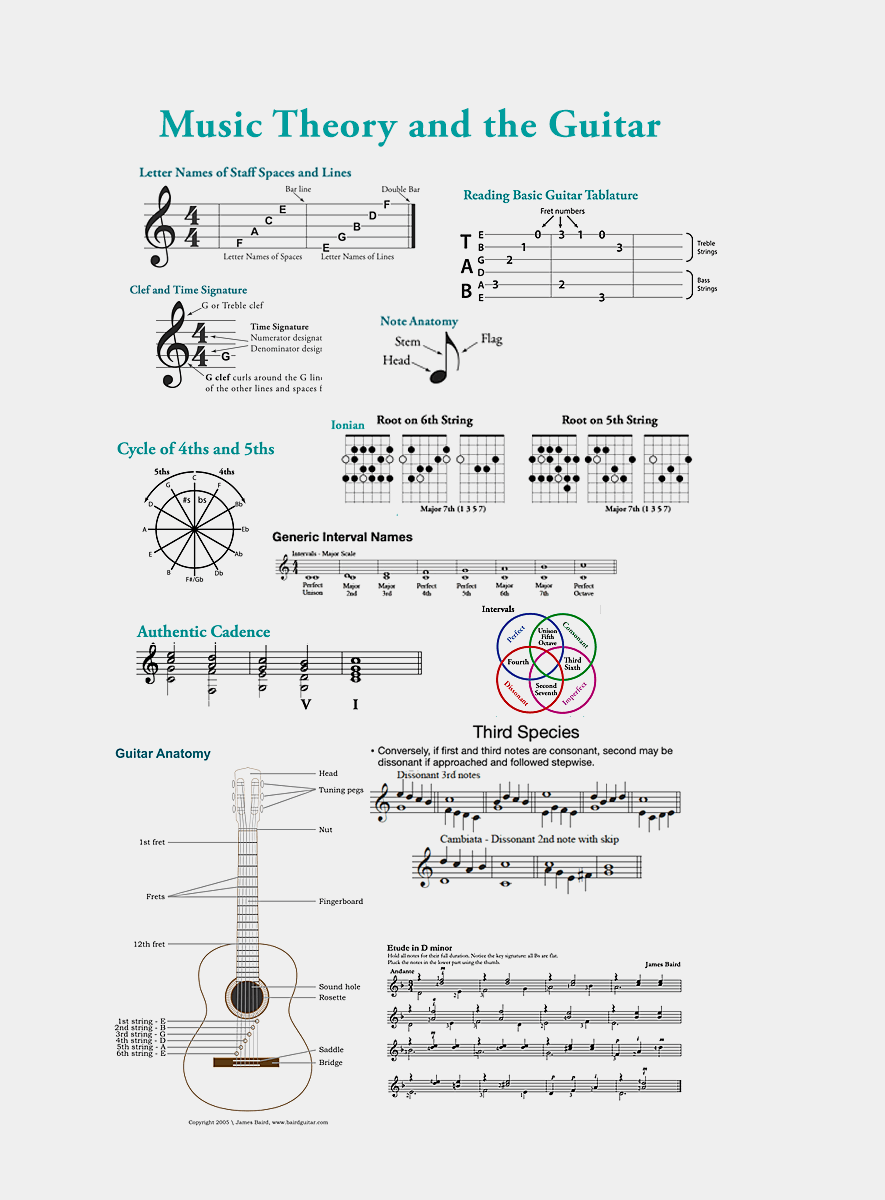Private Lessons
Learning That Lasts
Private Guitar Lessons
"I cannot promise to make you a great guitar player, but I will help you become a better guitarist."
There are many benefits to studying classical guitar. Here are a few of the most notable:
- Improved technique: Classical guitar requires a very specific and demanding technique that can be transferred to other styles of guitar playing. This is because classical guitar technique focuses on developing a strong foundation in fingerpicking, which is essential for playing any type of guitar music.
- Increased musicality: Classical guitar music is often very complex and requires a deep understanding of music theory and harmony. This will help guitarists of all levels to become more musically literate and expressive.
- Greater finger dexterity: Classical guitar requires precise of finger coordination, which enables greater precision performing all genres of guitar music.
- Increased confidence: Learning to play classical guitar can be a challenging but rewarding experience. The sense of accomplishment that comes from mastering a difficult piece of music can boost confidence and self-esteem.


